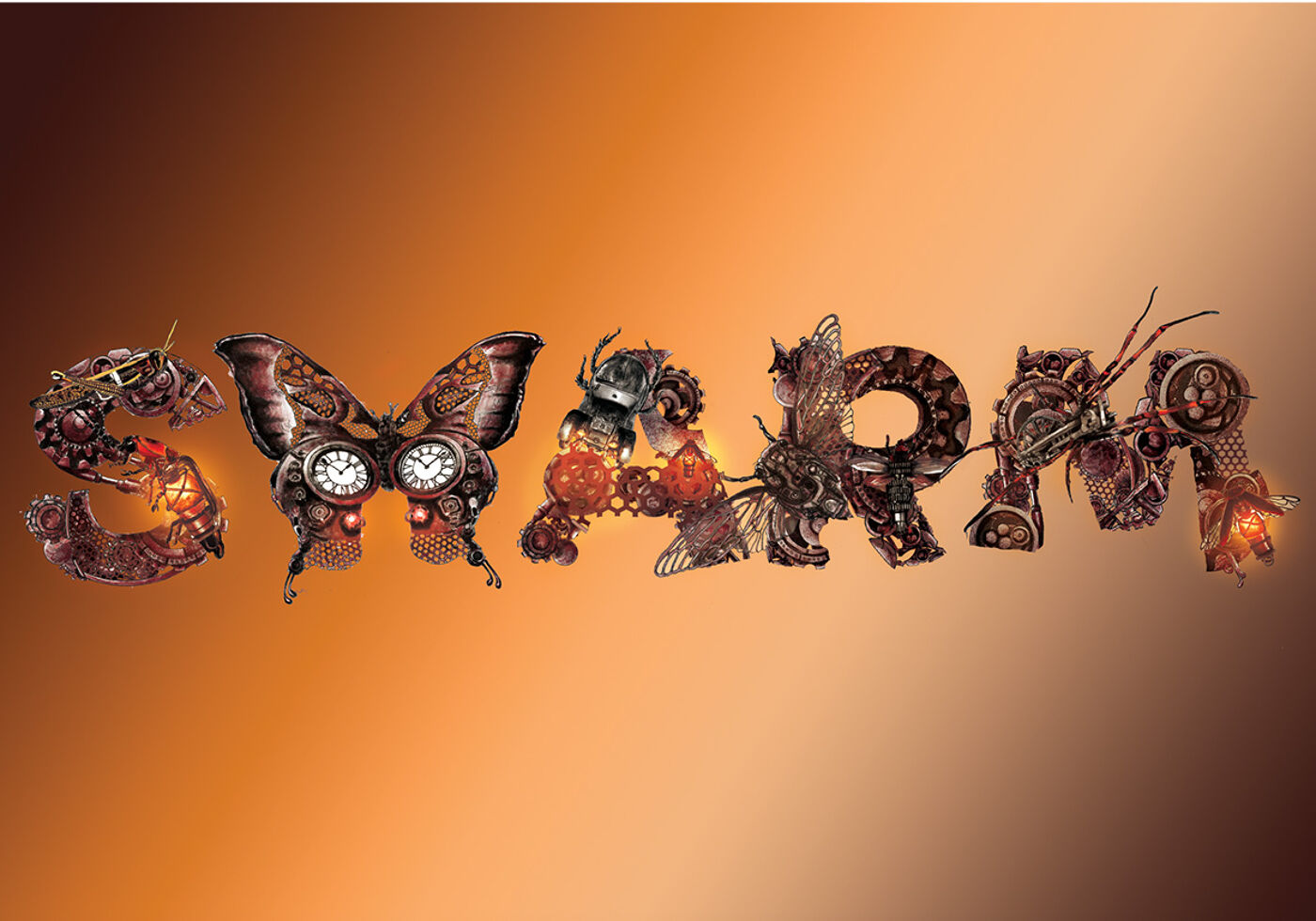Bachelor of Graphic Design in Melbourne
We're here to help!
Chat with our live agents, or leave your contact information and we'll get back to you.
Overview
CRICOS Course Code: 058836K
About the Course
Enhance your visual literacy and unleash your imagination in the realm of Graphic and Digital Design. Elevate your skills across a diverse range of mediums, including print, typography, branding, packaging, and digital design. Acquire both theoretical knowledge and practical expertise to seamlessly integrate words, images, and creative ideas, crafting compelling messages that visually represent brands.
Note: you need to apply for the Bachelor of Design Arts. You will commence study in your chosen major during your second trimester of the course.
CRICOS Course Code: 058836K
Opportunities
Purpose-built facilities and equipment
Benefit from specialised resources, like:
- 3D printer
- Computer lab
- Printing and scanning equipment
Explore different materials, patterns, and designs to effectively harness cutting-edge tools to craft and enhance your creative endeavours.
Acquire practical skills through hands-on experiences with industry-standard equipment, software, and technology.
Upcoming Sessions
| Start date | Schedule | Location | |
|---|---|---|---|
| Feb 9, 2026 | Full-time - Daytime | On campus, Collingwood | Apply now |
| Jun 1, 2026 | Full-time - Daytime | On campus, Collingwood | Apply now |
| Sep 14, 2026 | Full-time - Daytime | On campus, Collingwood | Apply now |
| Feb 8, 2027 | Full-time - Daytime | On campus, Collingwood | Apply now |
Admissions Criteria
-
Local applicants
- Satisfactory completion of Australian Year 12, or one of the equivalent qualifications as defined under minimum academic entry requirements.
- An Admission Consultation
ATAR scores are not used in the consideration of your application. Unscored VCE (or equivalent) is accepted for entry.
Students must be 18+ years of age at commencement of course.
Find out more about new exemptions for Year 12 applicants via VTAC
-
International applicants
- Satisfactory completion of Australian Year 12, or one of the equivalent qualifications as defined under minimum academic entry requirements;
- Proof of English Language Proficiency (IELTS overall score of 6.0, with no skills band lower than 5.5 or equivalent like TOEFL, Pearson Test of English or CAE);
- An Admission Consultation.
- A current Student visa to study in Australia. Australian visas are issued by the Department of Home Affairs;
- Overseas Student Health Cover (OSHC).
Students must be 18+ years of age at commencement of course.
List of Units
Exploration, Contextual, and Professional Practice Units
Exploration Units
Discover design fundamentals via workshop-based study that focuses on expanding foundational understanding of design.
Workshop: Body (WRKB)
Workshop: Image (WRKI)
Workshop: Message (WRKM)
Workshop: Space (WRKS)
Future Forward Design (ACC111)
Elective: Brand Strategy (ELE001)
Elective: Design & Wellbeing (ELE002)
Contextual Units
Explore the impact of context (e.g., historical, trends, visual thinking, technology, culture) on designers' and artists' work and realisation of vision. Experiment in a collaborative learning environment to articulate and understand key influences on art and design.
Design, History & Culture (AXC111)
Social Trend Forecasting (AXC121)
Design, Issues & Impact (AXC231)
Global Design Culture (AXE241)
Professional Practice
Practising artists and designers provide important insights into contemporary practice.
Hear from a range of local and overseas professionals about what is occurring in the industry and how they are succeeding in their field. Engage in related personal reflection.
Business Principles (ACC241)
Professional Practice & Systems (BPC351)
Professional Placement (APE241)
Personal & Professional Practice (BPC361)
Professional Communication (BCC351)
Design Laboratories
Learn and practise knowledge and skills specific to your major in LCI Design Laboratories, the core of the Bachelor of Design Arts degree. Engage with the full spectrum of the design and artistic process in studio-based labs. Respond to an industry brief, work on a global project with a global brand, or generate ideas to solve contemporary issues. Progress through a series of lab themes (foundational, issues, global, and industry) beginning in trimester 2. Put it all together in your final lab: produce and showcase an advanced body of work that expresses your creative ethos.
Design Laboratory: Foundation (LABG101)
Design Technology (APG121)
Design Laboratory: Issues (LABG102)
Design Sub Major (ASG111)
Design Laboratory: Global (LABG203)
Design Laboratory: Industry (LABG204)
Design Laboratory: Capstone (LABG205)

Tuition & Aid
LCI Melbourne is an Australian–Government accredited Institute Of Higher Education providing Australian Domestic students with access to FEE-HELP.
FEE-HELP is a loan scheme that assists eligible students to pay tuition fees.
Inspiring stories
Empower your ambition with our students' success stories. Unlock a career that lives up to your aspirations.


